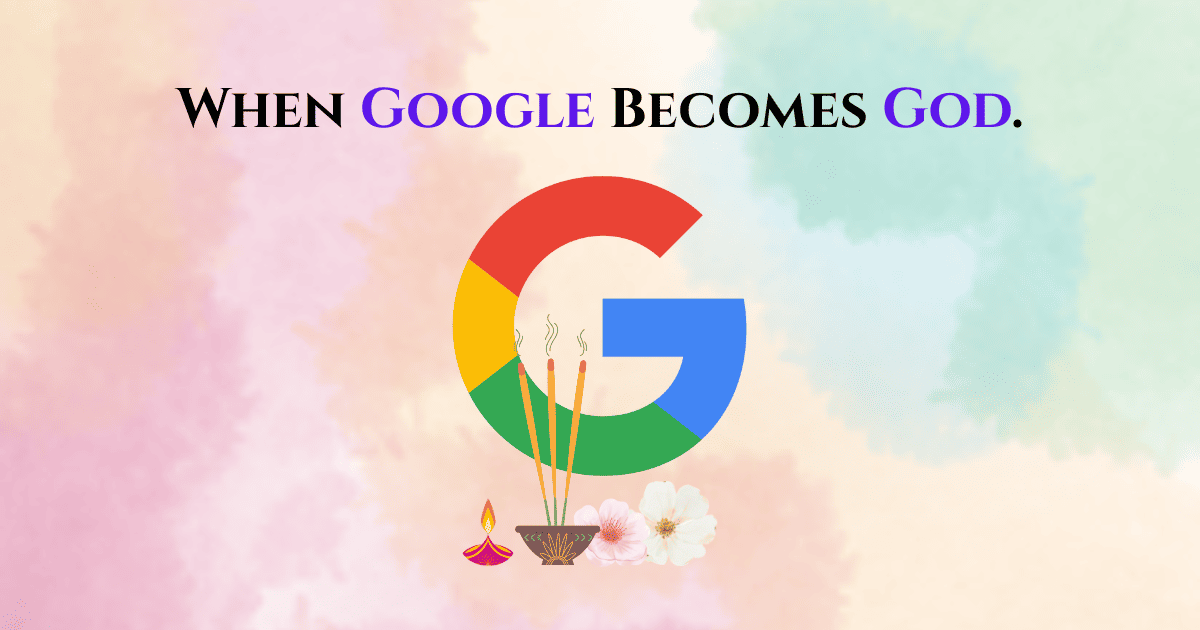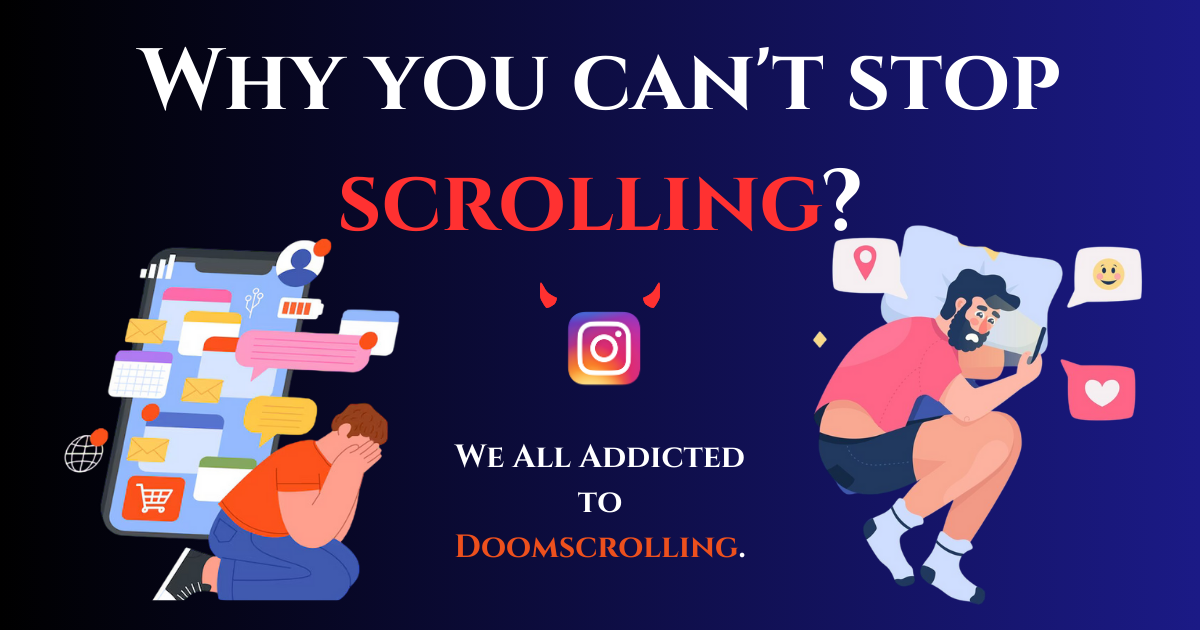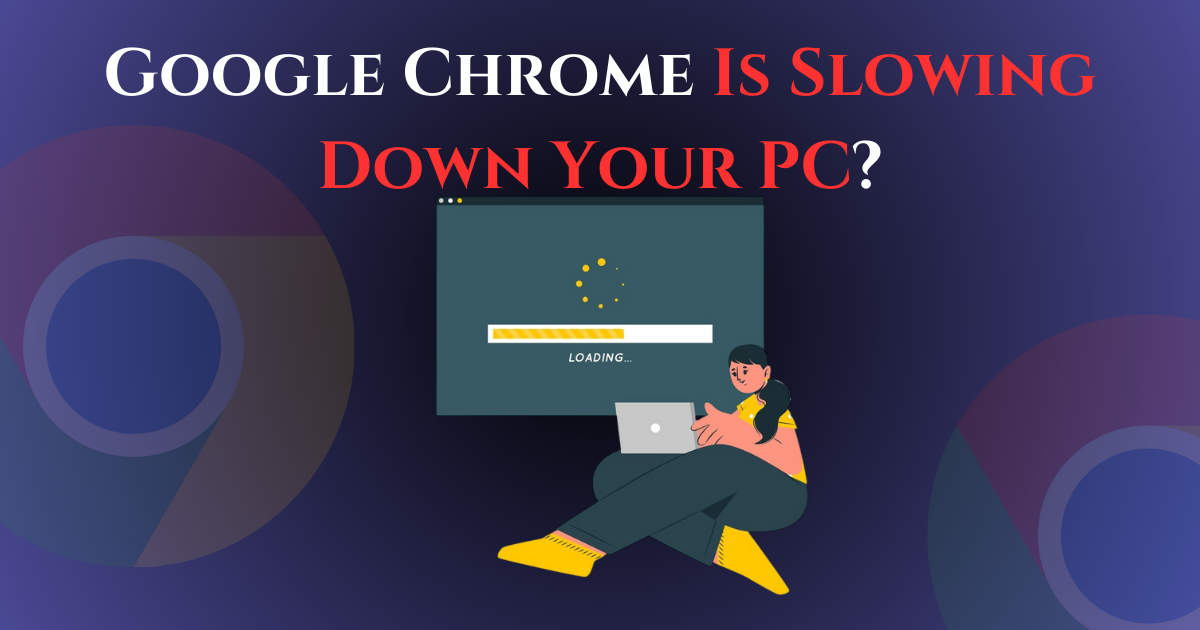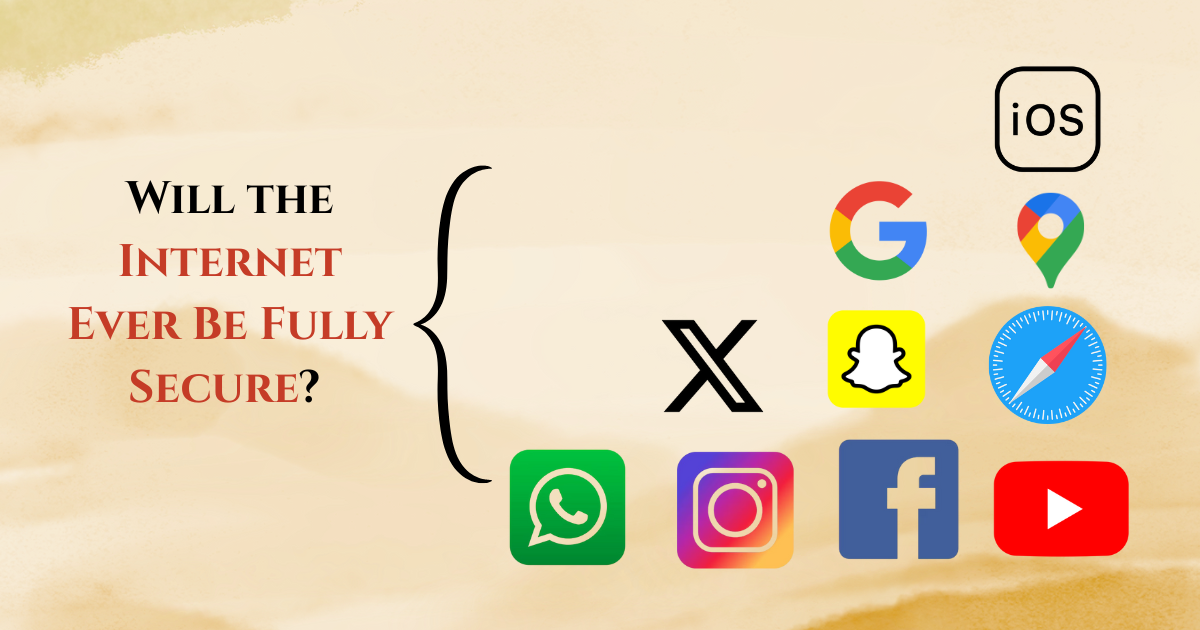We worship it daily, seek answers through it, and trust it blindly. Google Search isn’t just a tool—it’s our digital deity.
What If Google Search Was a Religion?
Every morning, we reach for it.
Every question, big or small, ends up before it.
We don’t knock on its door—we type into it.
And most of the time, we believe what it tells us.
Sounds familiar?
If Google Search were a religion, it’d be the most practiced one on Earth.
No temples. No priests. Just a blinking cursor and your deepest curiosities.
Let’s explore the idea—not with cynicism, but with curiosity
The God of All Knowing (and Auto-Correct)
Religions offer answers. So does Google.
But while traditional belief systems guide with metaphor and mystery, Google Search gives precision. Sort of.
“Why am I tired all the time?”
“How to know if they like me?”
“What happens after death?”
We ask it everything. From the scientific to the spiritual. From the ridiculous to the profound.
It’s a global confessional booth, minus the forgiveness.
Pilgrimage of Clicks
Religious pilgrimage involves journey, transformation.
Google’s version is simpler: a 3-second journey to the top 3 links.
But the ritual is real.
- Type the doubt
- Press enter
- Click the first result
- Accept the truth
We rarely question the source. We rarely go past page one.
Faith isn’t dead—it’s just been digitized.
SEO: The New Sermon
In religion, sermons are how truths are spread.
In Googleland, it’s SEO—Search Engine Optimization.
If you want people to believe, you need to rank.
Truth isn’t what’s most accurate—it’s what’s most clickable.
In this religion, visibility is divinity.
The Holy Trinity: Google, YouTube, and Gmail
Imagine the modern-day holy trinity:
- Google: The Source of All Knowledge
- YouTube: The Prophet of Moving Image
- Gmail: The Messenger of the Word
This ecosystem is omnipresent. You use it for work, play, emotions, emergencies.
It doesn’t ask for donations. Just data.
What Happens to Doubt?
In religion, doubt leads to deeper faith or deeper questions.
In Google, doubt gets autofilled.
When you type “Does God…” Google finishes it with what the world wonders.
Your doubt is algorithmically shaped by collective uncertainty.
It’s not divine mystery. It’s statistical popularity.
Faith in the Algorithm
We don’t just use Google—we trust it more than friends, books, doctors, sometimes even ourselves.
That’s not logic.
That’s faith.
The kind of trust we give only to gods, lovers, and—now—machines.
Is This Dangerous or Beautiful?
Both.
It’s beautiful because we’ve created a modern oracle that anyone can access.
It’s dangerous because we assume it’s neutral. It’s not. It’s coded. Curated. Commercial.
Google doesn’t just reflect the world. It shapes it.
Final Thought:
If Google is a religion, it’s not because it asks for worship.
It’s because we gave it belief.
It doesn’t preach. It suggests.
It doesn’t punish. It ranks.
It doesn’t ask for prayers. It answers them—with ads.
The new faith isn’t blind. It’s hyperlinked.










